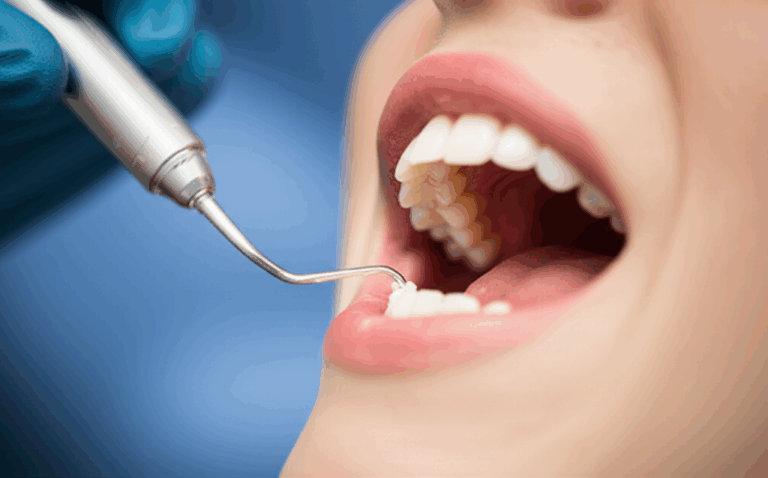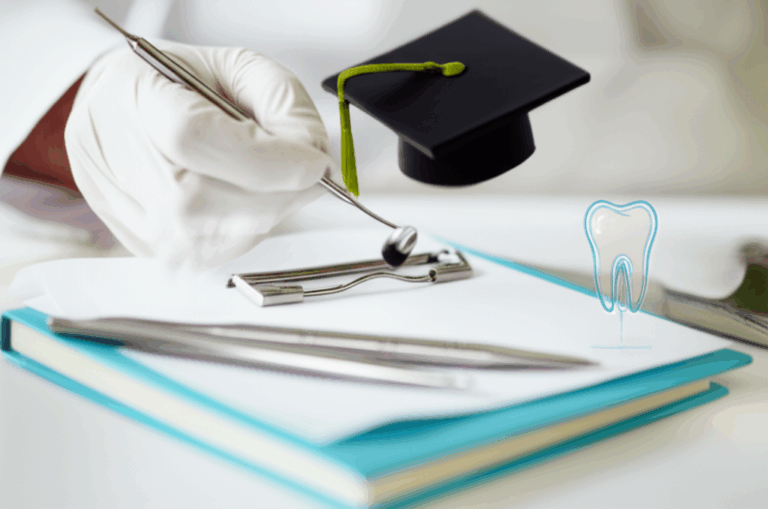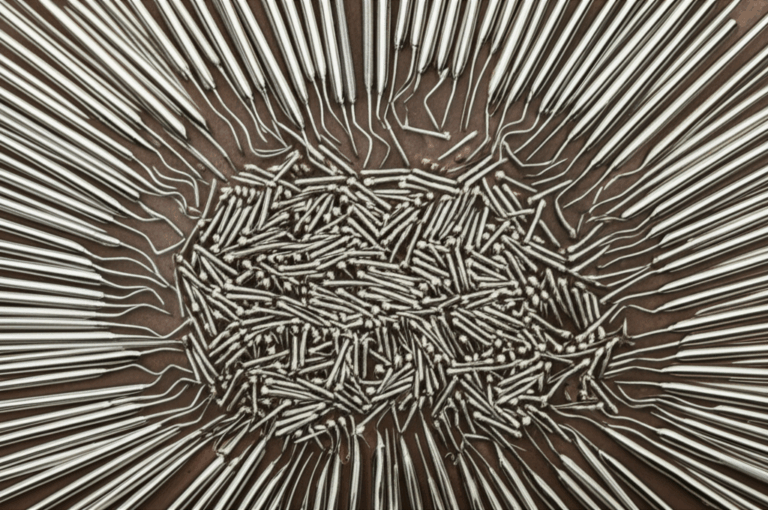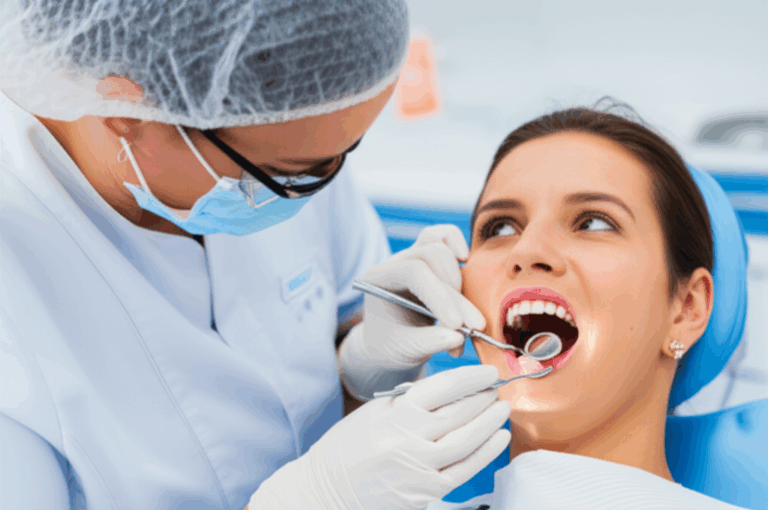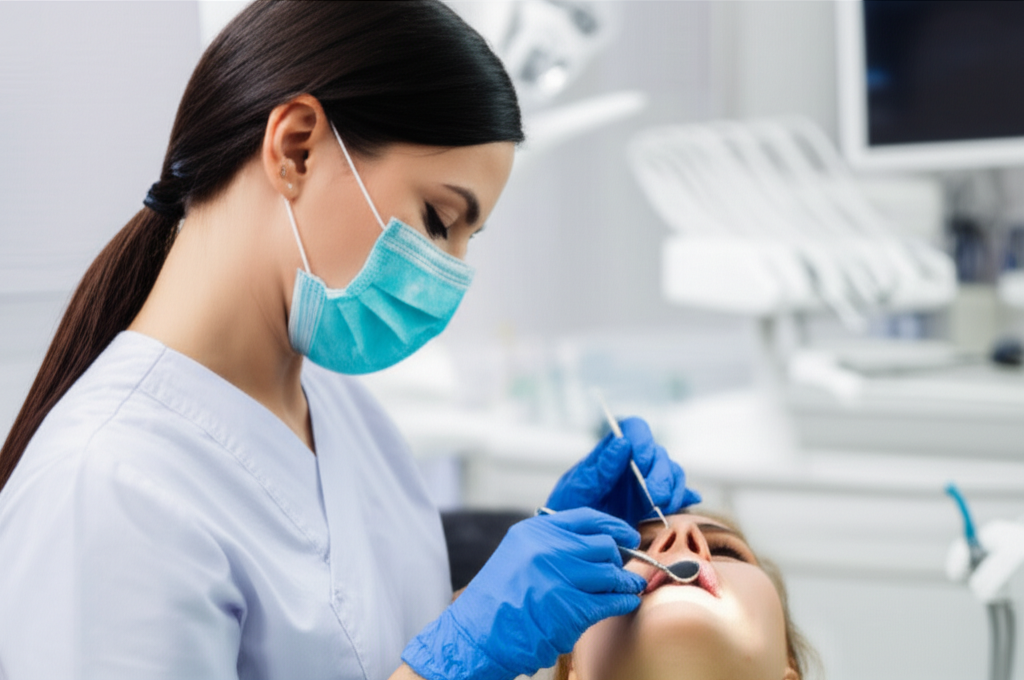
What is a Dental Hygienist? Your Essential Guide to This Oral Health Professional
Table of Contents
- Patient Assessment
- Preventive & Therapeutic Services
- Patient Education & Counseling
- Documentation
- Educational Requirements
- Licensure Process
- Essential Skills & Qualities
Introduction: The Unsung Heroes of Your Healthy Smile
When I think about going to the dentist, it’s not always the dentist I remember most. Usually, it’s the dental hygienist—the person who cleaned my teeth, talked to me about brushing right, and gave me easy-to-follow advice about my teeth and gums.
Not many people know how important dental hygienists are. They do a lot more than “just clean your teeth.” In my mind, they’re the first line of defense for mouth health, helping to stop problems before they start and helping patients in big ways. In this article, I’ll explain who dental hygienists are, what their job is, and why you need them. If you want to know more for yourself, for your family, or maybe you are even thinking about joining this field, keep reading for all the main points.
What Exactly is a Dental Hygienist? (Core Definition & Purpose)
Let’s start simple. A dental hygienist is a licensed oral health professional who works to stop and treat problems in your mouth, focusing on teaching patients and helping them stay healthy. I like to think of them as dental coaches—cheering you on, teaching and helping you take care of your mouth at home.
The main goal of a dental hygienist is to keep your mouth clean and stop tooth and gum problems before they get bad. Dental hygienists know what to look for, like early signs of gum disease or cavities, so they can help you before things get worse. Dentists usually get called in when something already hurts or is broken, but dental hygienists work to keep everything running smooth from the start. They’re part of a team with dentists and dental assistants.
Key Roles and Responsibilities: Beyond Just Cleanings
Over the years, I’ve learned that dental hygienists do much more than tell you to floss! Here’s what their days often look like, and why each piece matters.
Patient Assessment
Every good appointment starts by listening and looking. Dental hygienists check your medical history—did anything change? Are you on new medicine, or do you have health issues that affect your teeth or gums? They check your blood pressure and look in your mouth for problems, like early gum disease or even signs of mouth cancer. They’ll measure your gums to check their health, too.
Preventive & Therapeutic Services
Cleaning is a big part of their job, but there’s much more to it:
- Dental Cleanings (Prophylaxis): Removing sticky stuff and hard build-ups from your teeth. It’s careful work with special tools.
- Scaling and Root Planing: For people with gum problems, this is a deeper clean that helps stop things from getting worse.
- Applying Fluoride and Dental Sealants: These are used to help stop cavities, especially for kids.
- Taking Dental X-Rays: Hygienists are the ones who fit those bitewing or panoramic X-rays in your mouth so the dentist can see what’s going on.
- Oral Cancer Screenings: They look for changes or lumps in your mouth that could be cancer—this can save lives.
- Giving Numbing Shots or Nitrous Oxide: (If allowed by law)
In some places, dental hygienists can give numbing shots or laughing gas to keep you comfortable.
Patient Education & Counseling
This is where dental hygienists really stand out. I’ve had them show me how to floss using a fake tooth, give me handouts about what foods help or hurt my teeth, and talk about why gum bleeding is a sign to take action.
- Showing Proper Brushing and Flossing: Not just telling—you get to practice, using special tablets that show you what spots you missed.
- Advice About Food: Some foods rot teeth, others help keep them strong.
- Explaining How Mouth Health Connects to Total Health: I learned how gum problems can affect my heart and blood sugar, too.
Documentation
Dental hygienists are careful record keepers. Every visit, cleaning, or piece of advice gets written down. This way, everyone on your dental team stays in the loop and nothing gets missed.
How to Become a Dental Hygienist: Education, Licensure & Skills
Lots of people are curious about this job, and I get why—it’s steady, flexible, and you get to help people every day. But it does take some work to get there.
Educational Requirements
- Associate’s Degree (AAS or AS):
Usually 2–3 years in an approved program. Most hygienists start here.
- Bachelor’s Degree (BS):
A 4-year degree. People who want to work in public health, teaching, or in higher-ups often go for this.
- CODA Accreditation:
Make sure your program is approved by the Commission on Dental Accreditation. That’s your ticket to taking the tests and becoming licensed.
Licensure Process
You can’t just finish school and start working. A friend who recently became a RDH (Registered Dental Hygienist) told me what it took:
This covers science, hands-on skills, and rules.
This is a hands-on test where you show your cleaning and other skills on real people.
Every state is a bit different. You turn in your test scores and paperwork (sometimes a background check), then you get the OK to work.
Essential Skills & Qualities
Dental hygienists need quick hands and sharp eyes—but also to be kind and able to talk with all kinds of people. You’ll work with scared kids, sick adults, and everyone in between. Good hand skills are a must, but being calm and able to explain things matters just as much.
From what I’ve seen, the best dental hygienists help nervous folks feel comfortable and never make patients feel bad—they just want to help.
Where Dental Hygienists Work: Diverse Environments
Most people picture a dental hygienist in a dentist’s office. That’s true for most—about 92%—but there are other places dental hygienists work, too:
- Private Dental Practices:
At a general dentist or at places that do braces, work with kids, or surgery.
- Public Health Clinics and Community Centers:
Here, dental hygienists provide important care for people who don’t have easy access to a dentist. Sometimes they work on mobile vans or visit schools.
- Hospitals and Nursing Homes:
For people who can’t travel easily, especially older people or those with health problems.
- Teaching:
Some become teachers in dental hygiene programs or do mouth health research.
- Business Side and Sales:
A few go on to train others, work for dental companies, or help make new dental products.
Having these options is great for people who want something different down the road.
Dental Hygienist vs. Other Dental Professionals: Clarifying the Differences
When I first started learning about teeth, it was easy to mix up who did what at the dentist. Here’s how dental hygienists fit in:
Dental Hygienist vs. Dentist
The dentist is the main doctor—finding and fixing bigger problems like cavities, crowns, or pulling teeth. The dental hygienist helps stop problems from starting—doing cleanings, check-ups and helping you look after your teeth every day. Hygienists usually get more time one-on-one with patients.
Dental Hygienist vs. Dental Assistant
This is confusing for some. Dental assistants help the dentist during treatments—handing instruments, mixing stuff, managing the room. Sometimes they take X-rays or dental molds, but they don’t do cleanings or see patients on their own like hygienists.
When I meet new patients, I always let them know who I am so there’s no mix-up.
Career Outlook & Salary: A Stable and Rewarding Path
If you’re thinking about being a dental hygienist, you might be wondering, “Is this a good job?” From what I’ve seen—and from what experts like the U.S. Bureau of Labor Statistics say—it’s a strong choice.
Job Outlook
Dental hygienists are needed more and more. The job is expected to grow about 7% by 2032, which is higher than many other jobs. This is because more people understand how important cleanings are and want to avoid big dental problems.
Average Salary
The pay is pretty good. The middle yearly wage is about $87,530. New people earn a bit less, but with experience, some make over $100,000, especially in big cities or busy offices.
Where you live, what kind of place you work, and how long you’ve been in the field can change your pay. More school and extra training can mean more money, too.
Work-Life Balance
One thing people like: flexible hours. Many dental hygienists work part-time, set their own schedules, or build their hours around family or other things. That freedom means a lot to some people.
Personal Rewards
It’s not just about money. Dental hygienists tell me they really enjoy seeing their patients stay healthy over time, and it feels good to make a difference you can see.
If you want a deeper look at daily life and job happiness, check out this practical guide about dental careers.
The Indispensable Impact of Dental Hygienists
Dental hygienists are super important for mouth and general health.
- Stopping Tooth and Gum Problems:
Regular cleanings and simple tips help many people avoid cavities, sore gums, and big dental bills. Research says patients who follow their hygienist’s advice keep their teeth healthier for longer.
- Finding Big Health Problems Early:
Sometimes, a dental hygienist is the first to spot signs of cancer, diabetes, or even heart disease. Catching these early can help a lot.
- Making Patients Confident Caregivers:
After a good visit, I’ve seen people feel ready to take care of their teeth—just by learning a new way to brush or floss, or a small diet change.
- Supporting Whole-Body Health:
Problems in your mouth can affect your body in ways you wouldn’t expect, including your heart and blood sugar. Dental hygienists help close that gap.
Dental hygienists also follow strict rules to prevent infection and take classes to keep up with new ways to care for patients. They always make me feel safe and respected.
If you want to learn about making fake teeth or complex dental fixes, see what happens at a crown and bridge lab—dental hygienists sometimes work with those teams, too.
Conclusion: Your Partner in Maintaining Lifelong Oral Health
Everything I’ve learned shows me dental hygienists keep mouths healthy and stop problems before they’re big. If you’re thinking about joining this job, or just want the best for your teeth, don’t forget how important they are.
Dental checkups aren’t only about checking for holes—they’re about building a relationship with someone who cares about your health. Next time you sit in that chair, ask your hygienist anything you want—they’ve seen it all and want to help. For more helpful details about getting ready for your next visit, have a look at resources about patient dental care.
From my own visits and learning as a patient, student, and fan of good dental care, I know dental hygienists improve lives with skill and a gentle touch every day.
Take their advice seriously—your teeth and your whole body will thank you.

